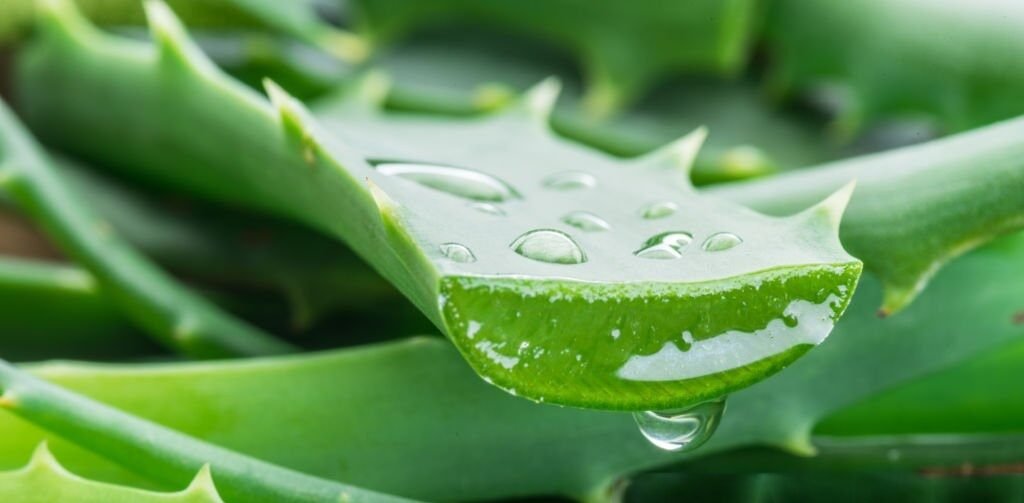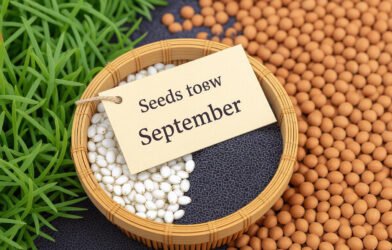Aloe vera, a succulent plant with thick, gel-filled leaves, has been cherished for centuries for its healing properties. Its gel is a staple in skincare, health supplements, and even food products. As demand for aloe vera grows, meeting this need sustainably while maintaining quality is a challenge. Cloning aloe vera offers a solution by producing identical plants with the same desirable traits. This method is transforming how aloe vera is cultivated for both personal and commercial use. We explore why aloe vera should be cloned, its key benefits, and its wide-ranging uses, providing a clear understanding of this innovative practice.
Understanding Aloe Vera Cloning
Aloe vera cloning is a propagation technique that creates new plants from a single parent without using seeds. Methods like cutting offsets, leaf cuttings, or tissue culture are commonly used. Cloning ensures the new plants are genetically identical, preserving traits like gel quality and nutrient content. This approach is ideal for producing consistent, high-quality aloe vera, making it valuable for industries and home growers alike.
Why Cloning Aloe Vera Matters
Cloning aloe vera is essential for maintaining quality and meeting market demands. Unlike seed propagation, which can lead to variations in plant traits, cloning produces identical plants. This consistency is critical for industries like cosmetics, where uniform ingredients ensure product reliability. Cloning also speeds up production, as it bypasses the slow germination process of seeds, allowing growers to harvest mature plants faster.
Ensuring Consistent Quality
Consistency is a major reason to clone aloe vera. Seed-grown plants can differ in gel content or medicinal properties, which is problematic for manufacturers needing standardized ingredients. Cloning guarantees that each plant mirrors the parent’s traits, such as high polysaccharide levels for skin hydration. This reliability is vital for producing effective skincare products or health supplements, ensuring consumers get the same benefits every time.
Speeding Up Production
Cloning aloe vera significantly reduces the time needed to grow mature plants. Seeds take years to develop into harvestable plants, while cloned plants, especially those from offsets or tissue culture, mature much faster. For commercial growers, this means quicker harvests and the ability to meet rising demand. Home gardeners also benefit, as cloning allows them to expand their aloe vera collection rapidly without waiting for seeds to grow.
Promoting Sustainability
Cloning aloe vera is a sustainable practice that conserves resources. It requires less water and land compared to seed-based cultivation, as plants are often propagated in controlled environments like greenhouses. Aloe vera’s natural drought resistance makes it ideal for cloning in arid regions, reducing environmental strain. This approach aligns with global sustainability goals, making it an eco-friendly choice for growers.
Preserving Valuable Varieties
Some aloe vera varieties have unique medicinal or growth traits that are rare or hard to cultivate. Cloning ensures these high-value varieties are preserved by replicating them exactly. For example, Aloe barbadensis, known for its healing properties, can be cloned to maintain its benefits. This is crucial for research or producing specialized products like organic aloe vera gel, ensuring these traits are not lost.
Key Benefits of Cloning Aloe Vera
Cloning aloe vera offers numerous advantages that enhance its value across industries. These benefits make it a preferred method for both commercial and personal cultivation.
High-Yield Production
Cloning enables large-scale production to meet the growing demand for aloe vera. Tissue culture, a common cloning technique, produces thousands of plants from a single parent in a controlled setting. This high-yield approach is cost-effective and ensures a steady supply for industries like skincare and health supplements. With the global aloe vera market valued at over $13 billion, cloning helps businesses scale up efficiently.
Improved Disease Resistance
Cloned aloe vera plants can be sourced from healthy, disease-resistant parents, reducing the risk of crop failure. This creates a robust plant population that withstands pests and environmental stressors. For organic farmers avoiding chemical pesticides, cloning healthy plants ensures stronger crops, leading to higher yields and lower maintenance costs.
Cost-Effective Cultivation
Cloning is more affordable than seed propagation. Seeds require significant resources like time, water, and labor to germinate and grow. Cloning methods, such as offsets or leaf cuttings, are simpler and need minimal investment. Even advanced techniques like tissue culture are cost-efficient for large-scale operations due to their high output, making cloning accessible for all types of growers.
Enhanced Medicinal Properties
Aloe vera contains over 75 bioactive compounds, including vitamins, enzymes, and antioxidants. Cloning allows growers to select parent plants with superior medicinal properties, ensuring these traits are passed on. This is critical for producing potent aloe vera gel or extracts used in health products, such as those with high acemannan content for immune support.
Uses of Cloned Aloe Vera
Cloned aloe vera plants have a wide range of applications due to their consistent quality. These uses span multiple industries, showcasing the plant’s versatility.
Skincare and Cosmetics
Aloe vera is a key ingredient in skincare products like moisturizers and sunscreens due to its hydrating and soothing properties. Cloned plants provide uniform gel quality, ensuring consistent results in products that treat sunburns or acne. Its non-comedogenic nature suits oily skin, while its hydration benefits dry skin, making it a versatile ingredient for cosmetics.
Health and Wellness
Aloe vera is used in supplements and juices for its health benefits, such as aiding digestion and reducing inflammation. Cloned plants with high bioactive content ensure these products are effective. For example, aloe vera juice can help with conditions like GERD or IBS, and cloning ensures the plants used meet health standards.
Wound Healing Applications
Aloe vera’s wound-healing properties are valuable in pharmaceuticals, such as burn ointments and wound dressings. Cloned plants produce consistent hydrogels that promote faster healing. Studies show aloe vera can reduce burn healing time by up to nine days, making it a critical component in medical treatments.
Food Industry Uses
In the food industry, aloe vera serves as a natural preservative and functional ingredient. Its antimicrobial properties extend the shelf life of produce, reducing waste. Cloned plants with high bioactive content are ideal for creating food-grade products like smoothies or desserts, ensuring both safety and nutritional value.
How to Clone Aloe Vera at Home
Cloning aloe vera at home is simple and rewarding. Start by selecting a healthy, mature plant with thick leaves. Look for offsets, or pups, growing at the base, and gently remove them with a clean knife, ensuring they have roots. Alternatively, cut a healthy leaf and let it dry for a few days to form a callus. Plant the offset or leaf in well-draining cactus soil, water sparingly, and place in a sunny spot. With proper care, new plants will grow, providing a steady supply of aloe vera.
Conclusion
Why should aloe vera be cloned is a practical and sustainable way to meet the growing demand for this versatile plant. It ensures consistent quality, speeds up production, and preserves valuable traits, making it ideal for industries like skincare, health, and food. For home growers, cloning offers an affordable way to cultivate aloe vera for personal use. By supporting sustainability and high-yield production, cloning aloe vera is a step toward a healthier, eco-friendly future. Its wide-ranging applications make it a valuable practice for anyone looking to harness the full potential of this remarkable plant.
FAQs
Why is cloning aloe vera better than seed propagation?
Cloning aloe vera ensures consistent quality and faster growth compared to seeds, which can produce varied plants and take years to mature.
How does cloning aloe vera benefit skincare products?
Cloning provides uniform aloe vera gel, ensuring skincare products like moisturizers deliver consistent hydration and soothing effects.
Is cloning aloe vera sustainable?
Yes, cloning uses fewer resources like water and land, making it an eco-friendly way to grow aloe vera.
Can I clone aloe vera at home?
Absolutely, cloning aloe vera at home is easy using offsets or leaf cuttings, allowing you to grow new plants affordably.














